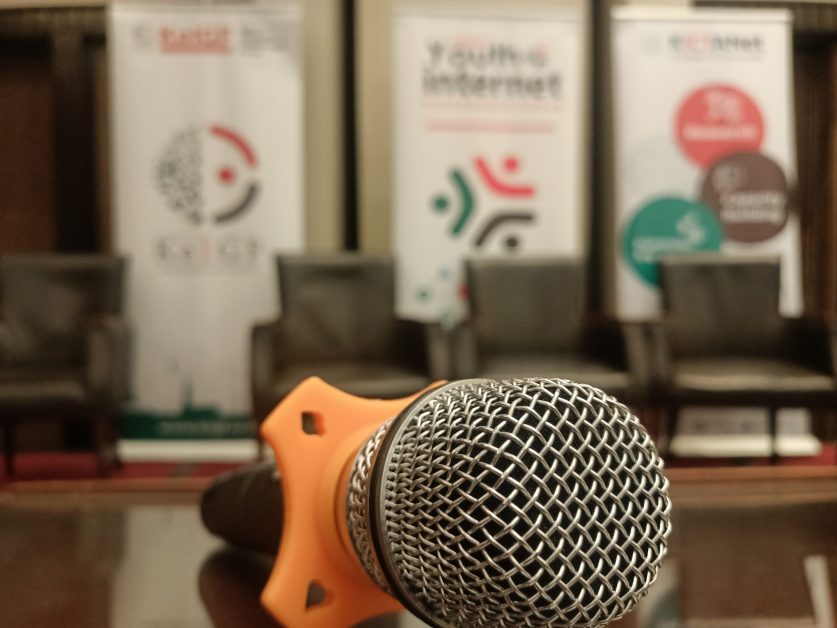Youths are the most users of internet platforms and services. They are an integral part of the innovation and consumption of digital services. But where are their voices? Who hears their cries on data privacy, online security and the impacts of emerging technologies?
To build capacity on data protection, KICTANet partnering with Meta hosted a session on Data Protection and Privacy during the 2023 Kenya Youth IGF day in Nairobi.
In this session, it was clear that the youth and children face considerable online safety challenges, and there is a call to empower them to overcome safety barriers.
In Kenya, we have laws on the collection and processing of data under the Data Protection Act of 2019. The Act outlines the type of personal data to be collected and how it should be processed, stored and transferred. However, the missing link under this provision is awareness among the youth of such laws.
Data protection laws need to be more comprehensive for young people. They need to be accessible, attractive and include contents that trigger the curiosity of the developing mind.
Data collection and processing should be easy to understand and conveyed in simple terms to children. They need to understand that data collection is as simple as adding a phone number to your phone book or asking a friend what team they support.
KICTANet, in its Cyber security and Cyber Hygiene Awareness programs, has proved this to be effective by training women politicians on online safety who went on to participate positively in online platforms.
Data Protection for young people
Meta, a giant data processor, and the parent company of Facebook, Instagram and WhatsApp, acknowledges that youths are at the core of the formulation of digital policies, products and services.
Giving her remarks during the session, Dr Ololade Shyllon, Privacy Policy Manager, Middle East and Africa, Meta, highlighted that Meta considers the interest of children through its prime interventions that recognise and engage youth and children worldwide in addressing issues in the use and creation of safe and age-appropriate platforms, bearing in mind that age as a number does not inform maturity. There is also the development of products and services addressing diversity and ensuring young people have the guidance of their parents but can still exercise autonomy.
Young people should be part of the development processes. They need to be made aware of digital and data privacy laws in play, both locally and globally. They should know the kind of content they consume, and the type of data they use to engage others.
Institutions, just like Microsoft does, should prioritise child protection against targeted feeds and ads. They should always ensure children’s safety guided by policies, market regulations, admin restrictions and use of safety features to create a safe environment in cyberspaces.
Artificial Intelligence is also being harnessed into age verification for adults who masquerade as children. Although it may not be 100% accurate, the good thing is that it is working in the interest of the safety of children.
The above measures safeguarding underage persons from online insecurity are objective but independent. They solely serve a single institution or entity.
Therefore, we need to harmonize these guidelines across all platforms, contextualise the frameworks locally, and have family centres for informed conversations and basic educational programs.
Nicodemus Nyakundi is an ICT Access and Equality Fellow for PWDs at KICTANet. He has a background in IT and advocates for digital inclusivity.
![]()




